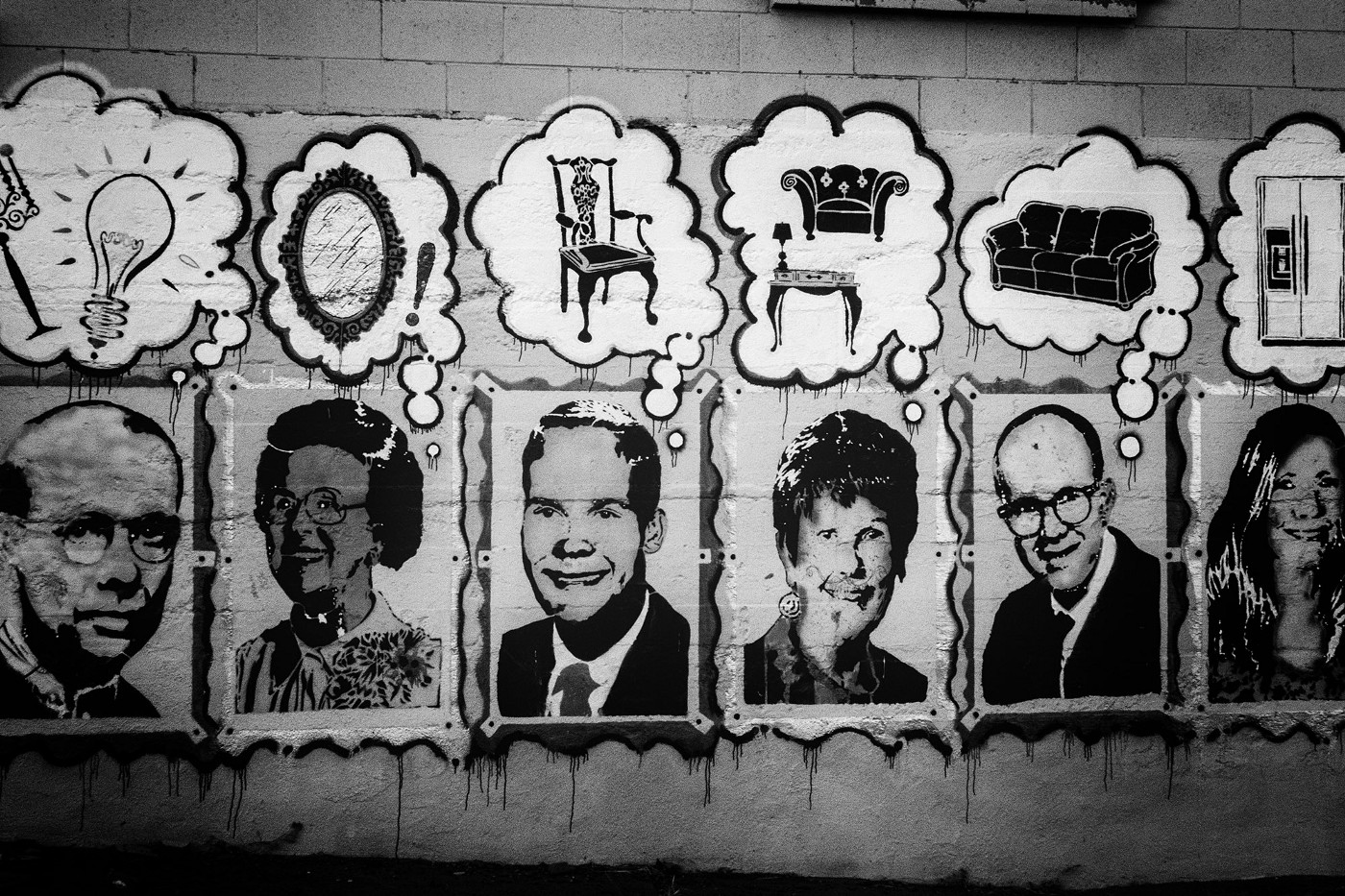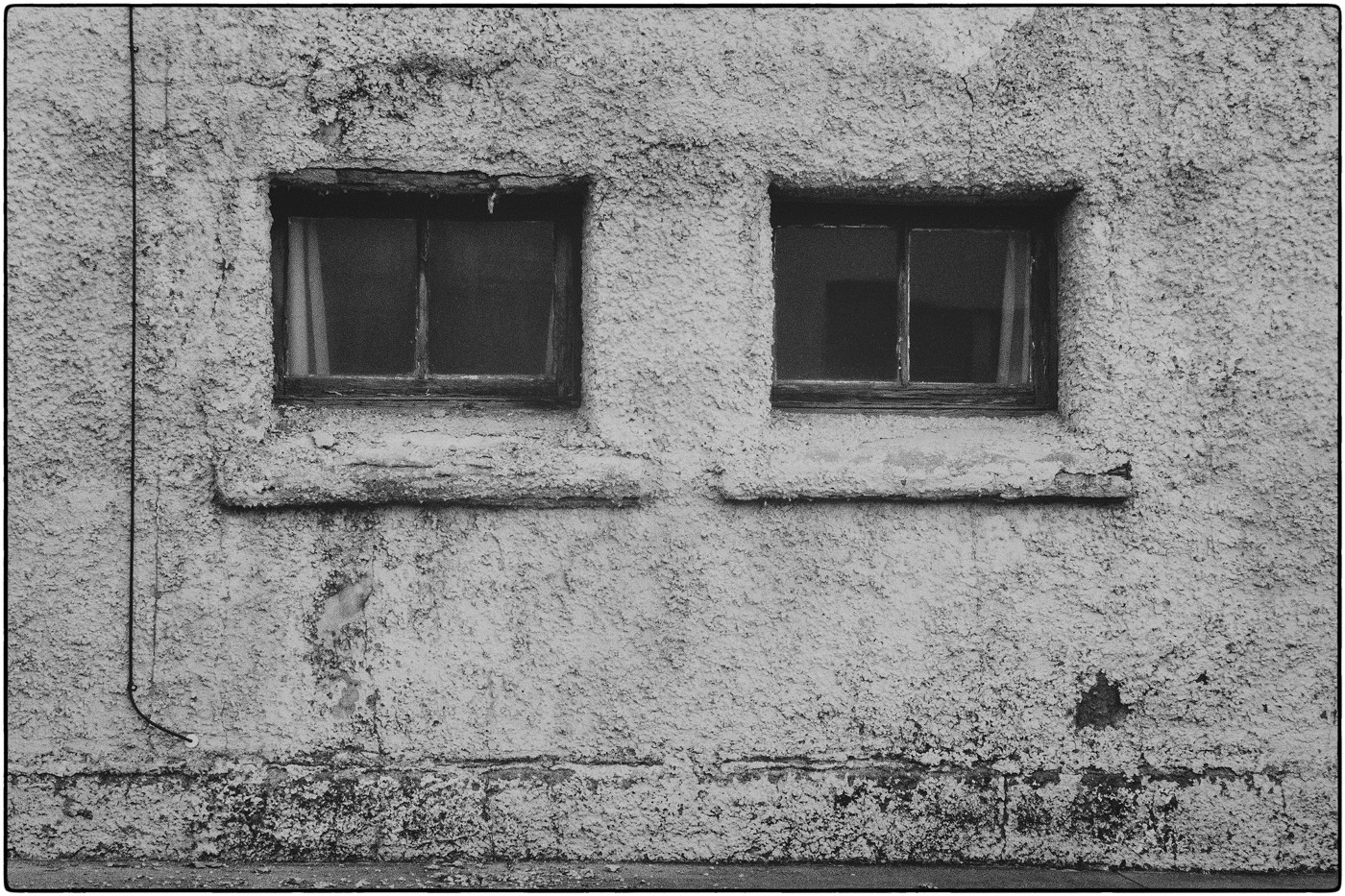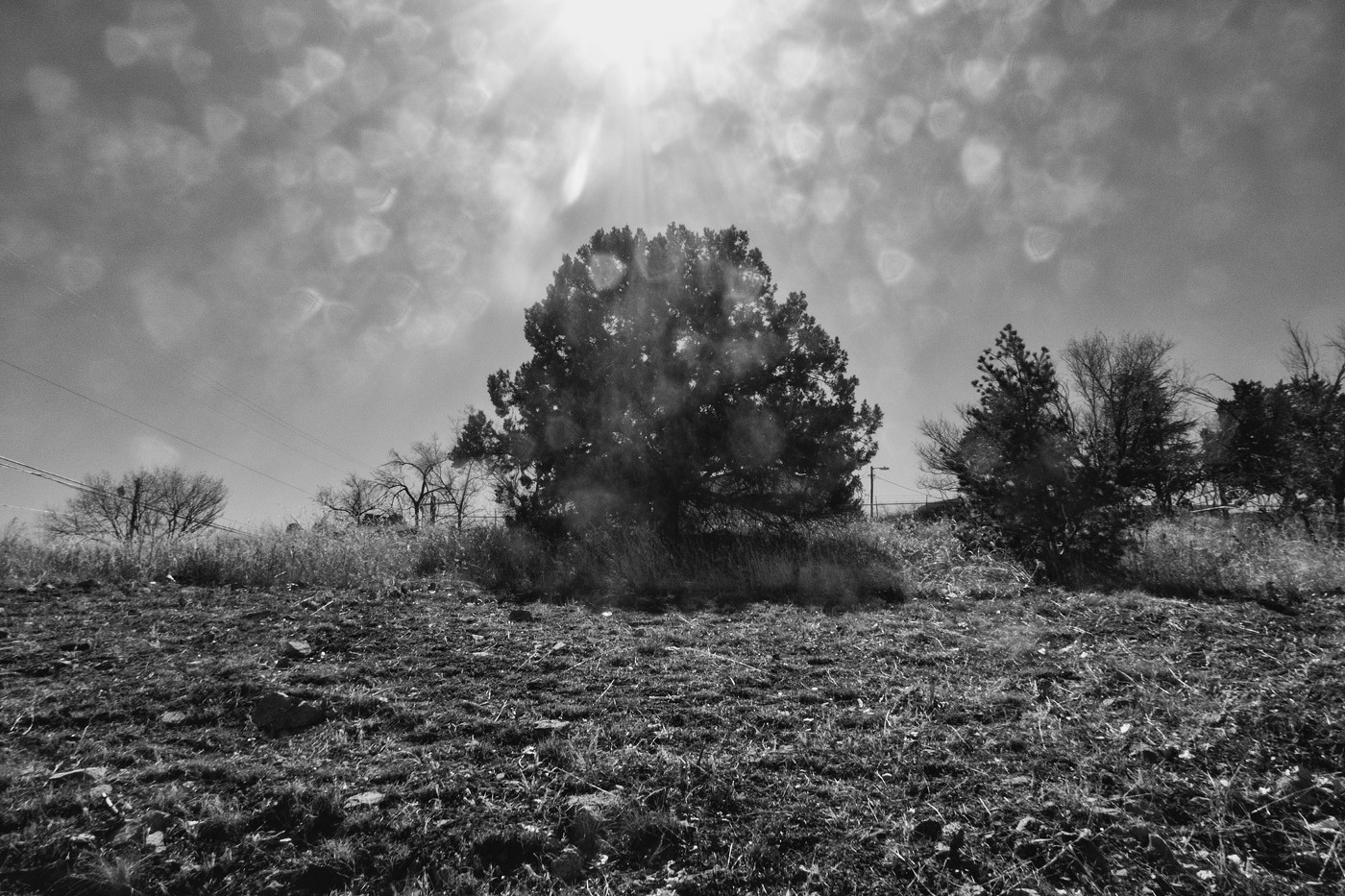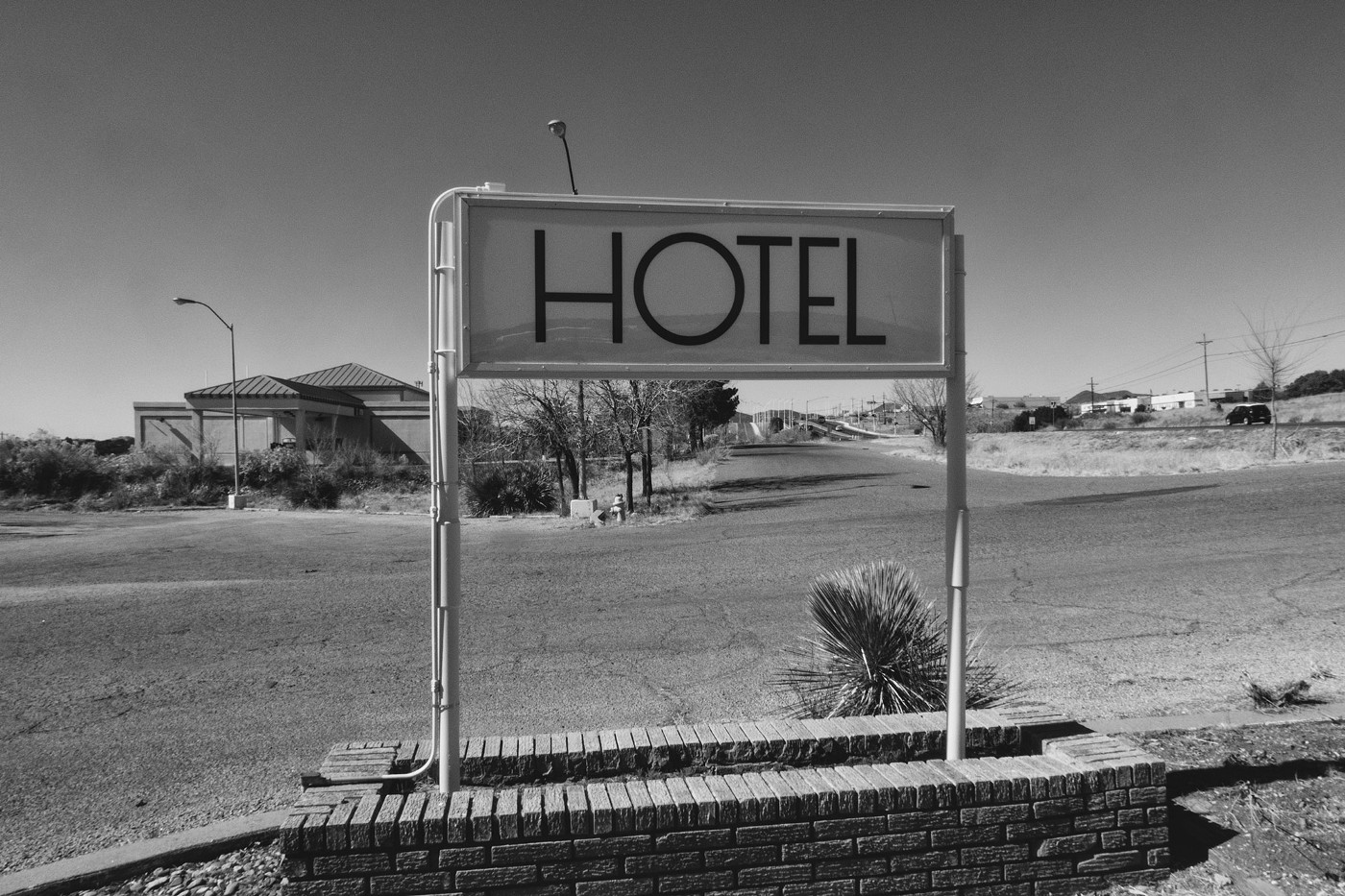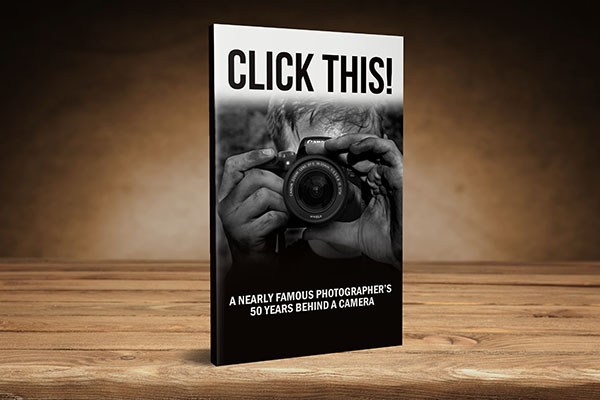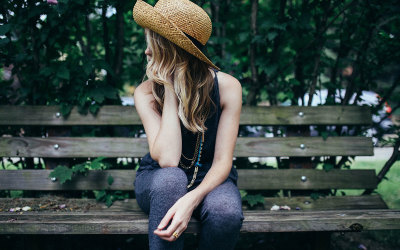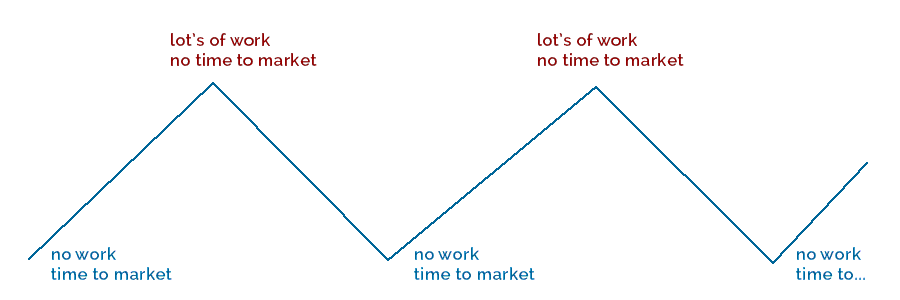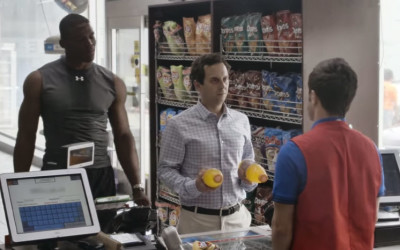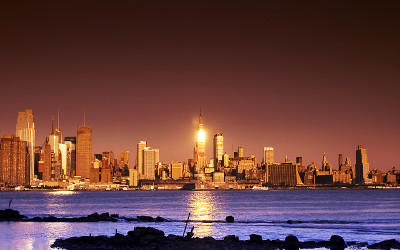Sometimes we get focused on the things we think will make us better and ignore the simple things that will indeed make us better. Recently I wrote about not taking enough photographs, now I will take on the idea of the ‘perfect’ image… or exposure or composition. Whatever we talk about in photo groups.
Let’s get one thing straight; there is NO such thing as the perfect photograph.
Or the perfect exposure.
Or the perfect composition.
Perfect is a universal term.
It is derived from the group, the collective. They see what is popular, what the mass narrative is, and they codify it.
Our individual style, aesthetic, and narrative are all our own.
What may be perfect to you, may not be perfect to me. What I may see as imperfection, you may say is just the look you were looking for.
All we can do is do our own shot the best we can. As commercial photographers, we do indeed have to meet certain criteria, but how we arrive is on our own path.
I see and hear too many people saying that “this is the way to do it” instead of saying, “this is the way I do it”. Or, even better, “here is what is required, how would YOU do it?” Allowing and encouraging each photographer to find their place is better than choosing it for them. Showing them “the way” is counterproductive to creativity.
And that sort of means there is a “right” way to photograph a beer, or a landscape, or a portrait. In fact, there are limitless ways to make those images. None of them are wrong.
And none of them are “right”.
Searching for the right way instead of engaging in creative ways will always lead to mediocrity.
One person’s terrible photo is another person’s gem. What you see as bad composition, the maker felt it was just what they wanted to convey. What I love about one of my photos may be exactly the thing you hate about it.
That is at it should be.
Something that everyone likes is usually pretty bad, or at least extremely mediocre.
The most popular music is certainly not interesting to me. It may be “right”, but it sucks as far as I am concerned.
Am I wrong?
Am I right?
Am I within my rights to not like it?
I don’t want it banned.
I don’t want it regulated.
I just ignore it.
Wrong?
Right?
Photography — the same thing.
Great photography is not about likes or follows, it is about the photographer expressing something through a visual representation.
(OK, before we go on and get angry letters, I am not talking about snapshots, commercial shots of garage door openers, baby photographs, weddings, or the road trip landscape from the rest area on I10. I am discussing the work we feel is important to ourselves. Personal work. Our — uh… art — as it were.)
However, there are times in commercial photography when we can spend too much time trying to make something ‘perfect’ without making something extraordinary.
Finding the great photos within us means we have to make a lot of bad photos. We need an internal guide, a set of core principles that guide our visual minds (visual literacy) to see something that may be more exciting, more engaging, more interesting, and more unique than the outside influence of what the ‘right’ shot should be.
What is Visual Literacy and What Does It Mean For Photographers?
When you see great artists, you are only seeing their chosen works, we do not see what came before.
We do want engagement though. That means we have to connect to others on some level. If our work is so far above the ground that no one can see it, we may not get much engagement. Finding our way means we also must ask for directions now and then.
But make sure the help you seek understands your reasons, your aesthetic, and your goals. Be specific, and be focused on getting critique that makes sense as to the work you are doing.
And even then, watch out for the ‘right answers’.
This is the tricky part.
We do not want to be right, necessarily. We want to be true. We want to be true to ourselves, and our art.
And that may mean we are not doing it right according to someone else. OK… that’s cool.
— — — — — — –
I once had a composition teacher in school. He hated all of my work, I mean really really hated it. He complained about it to all the other students in class. He pointed out that my harmonies “made no sense” according to the rules of tonality he had accepted. My melodies were disjunctive and uninteresting. And apparently, I did not know how to use rhythm correctly.
In other words, my work was bad.
But I never stopped writing my music my way.
When the first annual Arizona Composition Contest was announced, I entered two works. He entered two as well.
I was awarded first place for my string quartet “Metaplasia” AND second place for my double sonata, Sonata for French Horn and Piano”.
He did not place at all.
He was instrumental in creating and running this event, and it never happened again. That is unfortunate because it was an amazing weekend of new music.
His music was absolutely right — PERFECT — according to the rules of tonality he extolled and expected us to all follow.
Mine was, well, not.
— — — — — —
In order to get that perfect shot, we must understand that there may not be a perfect shot. Or at least recognize that some the perfect shot may not be the most appropriate shot. Or even an interesting shot.
“Perfect” is a set of criteria made from the choices of the masses.
My shot is made from the gut and heart and visual literacy I possess.
Composition is a choice based on your visual experience, aesthetics, and visual literacy values.
There is no perfect composition tool.
“To consult the rules of composition before making a picture is a little like consulting the law of gravitation before going for a walk.”
– Edward Weston
Likewise, exposure, focus, and color pallet are literally ideas for you to examine, mix, choose, or ignore.
Many of Richard Gere’s celebrated images of Tibetan monks deep in their habitats are out of focus. It adds rather than detracts from his story.
So make a lot of photos on your journey to making your great photos. Fail a whole bunch. Print images you will cringe from in a few years. Print images that you think you MIGHT like better when printed.
If an image stays with you, and you are just not sure because it is not ‘perfect’ when measured by anyone but yourself, you may have something there.
Not guaranteed, but maybe.
And, BTW, those are the images I love to see.
The messy ones. The nearly amazing ones that you love.
I like messy images that photographers love.
All of the photographs were taken in Silver City, New Mexico in February 2022. I used a Lumix P7S camera and kept the preview in black and white. Images were additionally processed in NIK.
Are “Brands” the Next Big Trend in Photography?
They are indeed, according to Paul Melchor. The influence of social media and brand identification are quite a powerful force. And where once editorial ruled the sensibilities of the advertisers, it is now "brand" photography that is engaging the ad world. Images...
The Marketing Roller Coaster… Get Off of It
Many of us struggle with the roller coaster of marketing then getting busy - when you are busy you don't market, so then you get not busy and start marketing - cycle up again. The key is to create a working plan, commit it to a calendar and then MAKE those commitments...
Gatorade’s Campaign for Exclusionary Positioning
Gatorade Tells Huge Demographic to Get Lost This is a very interesting commercial. They are actually telling a large demographic that they do NOT want their business. If you aren't someone who works up a sweat, their product is NOT for you. There are a hell of a lot...
Visuals Can Be Currency
Andrew Scrivani is a food photographer in NYC. He has noted a trend among marketers that shows how powerful they regard visuals. "So, this latest, most disturbing turn involves a PR company calling me to ask if I would do a “takeover” of their Instagram feed for an...
Big Images on Websites: The Truth
From the article on Crazy Egg: "It is easy to see why this is becoming a regular practice among websites, it gives your site a very sexy look. A good looking website is one of the first aspects of your site that your visitor responds to, both consciously and...
Are You “Wandering”?
It's all good. Sometimes what others see as wandering is really us looking at all the different paths.

